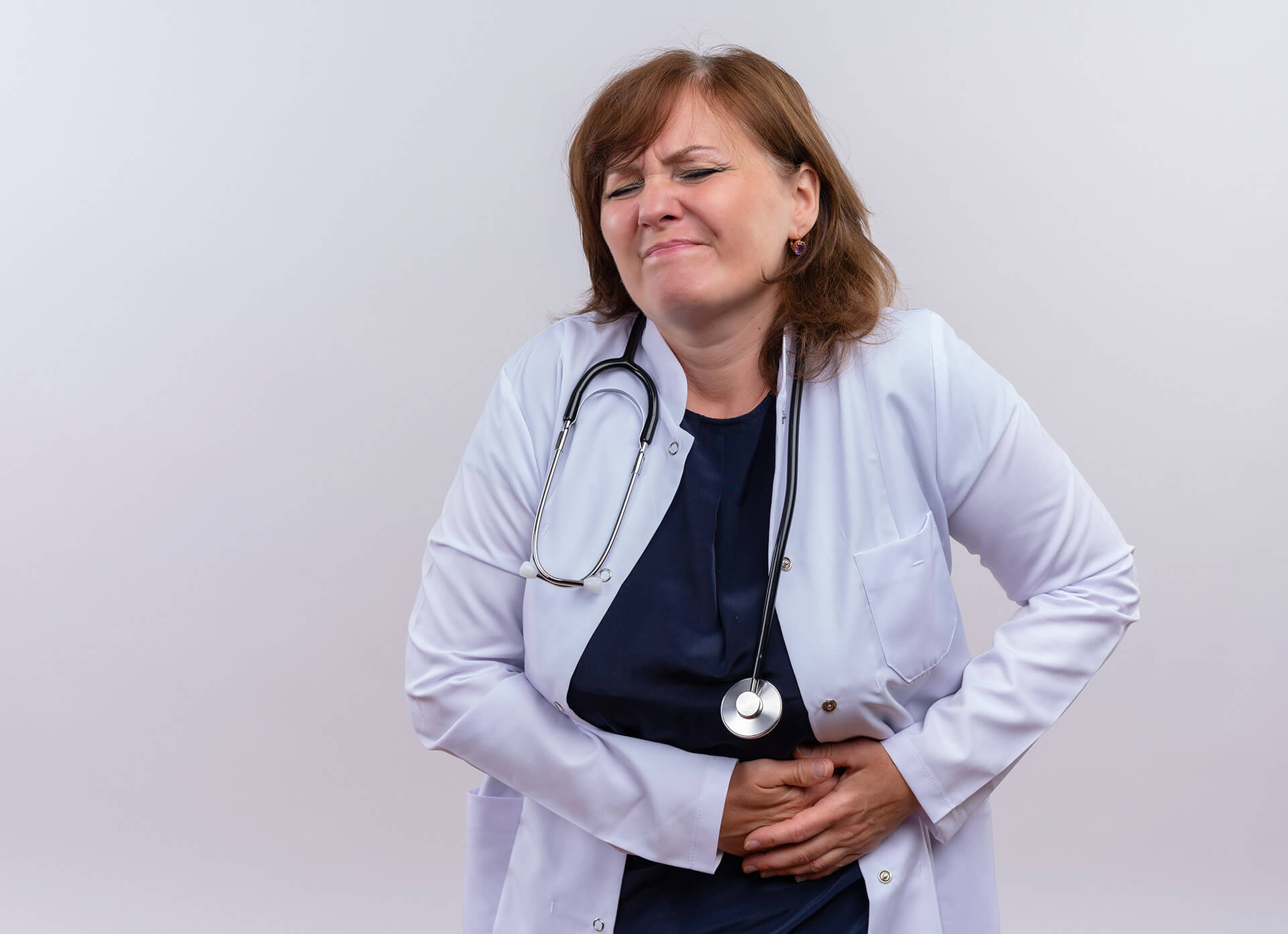In some individuals, marble-sized pouches known as diverticula form in the digestive tract, most commonly in the colon. Diverticula can develop at any age and are not uncommon. In fact, most people who develop these pouches have no symptoms as long as nothing goes wrong. However, if one of the diverticula becomes infected or inflamed, then a range of bowel problems may occur.
Diverticulosis is the presence of diverticuli, mostly without symptoms. If infection occurs, only then is it called diverticulitis. If you were told that you had diverticuli at the time of your colonoscopy, it is diverticulosis, not diverticulitis, as most people get these terms confused.
Causes
The exact cause of the development of diverticula is unknown. Studies have linked it to a low-fiber diet, and scientists theorize that lack of fiber causes the intestines to work harder to move feces through the system. Increased pressure resulting from this harder work may, over time, cause diverticula to develop in weak spots throughout the digestive tract. There are several factors associated with a higher risk of diverticulitis:
- Age of 40 or higher
- Obesity
- Smoking
- Low-fiber diet
- Sedentary lifestyle
Diverticulitis is infection or inflammation of the diverticula. As with diverticula as a whole, there is still some speculation as to the exact causes. It’s possible that increased pressure weakens the walls of the diverticula, leading to infection. If fecal matter enters the diverticula, infection can also occur. If the opening of a diverticula becomes obstructed, its blood supply can be restricted, leading to inflammation.
Symptoms
Symptoms of diverticulitis usually occur relatively quickly. They may persist for anywhere from a few hours to longer than a week. Patients may experience one or more of the following:
- Pain and tenderness in the abdomen, usually the left side
- Nausea and vomiting
- Constipation
- Fever
- Loss of appetite
- Bloating and gas
- Sudden changes in bowel habits
Although it is not common, it’s possible for diverticulitis to lead to serious complications. For example, an infection in a diverticula has the potential to lead to an abcess, an infection throughout the abdominal cavity, or even an infection throughout the body. Severe cases can cause the formation of a fistula or even a bowel obstruction. Rarely, a hole may form in the colon, allowing stool to enter the abdominal cavity. For these reasons, diagnosis and treatment is essential.
Sometimes, significant bleeding may result from the diverticuli. Since these symptoms can mimic those of other bowel conditions, your doctor will use diagnostic tests, such as blood samples and medical imaging, to determine the exact cause of your symptoms.
Treatment
The exact course of treatment depends on the severity of your symptoms and whether or not you have an infection. Mild cases can often be treated with non-steroidal anti-inflammatory drugs like Tylenol, heating pads, and relaxation. Infections will be treated with antibiotics. If your symptoms are severe and recurrent or have caused complications, or if your diverticulitis has not responded to past treatments, then it may be necessary to surgically remove the diverticula. Sometimes further evaluation may be necessary to rule out any obstruction that may contribute to diverticulitis (by a colonoscopy).
Taking lifestyle changes to promote bowel health is important for all people, but those with a history of diverticulitis can especially benefit from eating a healthy diet, drinking plenty of water, and exercising regularly.
It is important to see your physician when you have symptoms, especially if recurrent, suggestive of diverticulitis to confirm the diagnosis by tests such as lab work or CT scans, rather than repeatedly treating with antibiotics every time pain is experienced.


